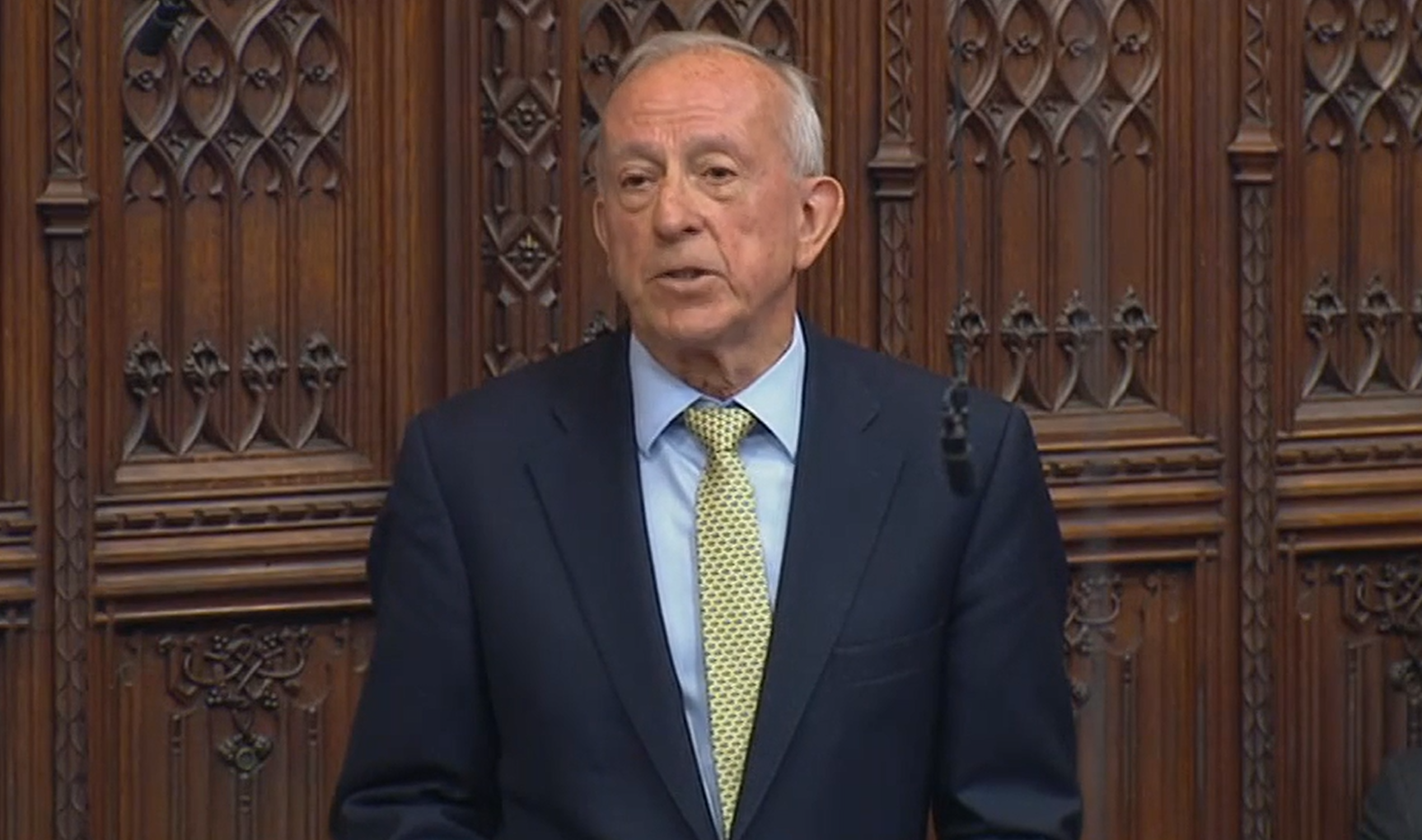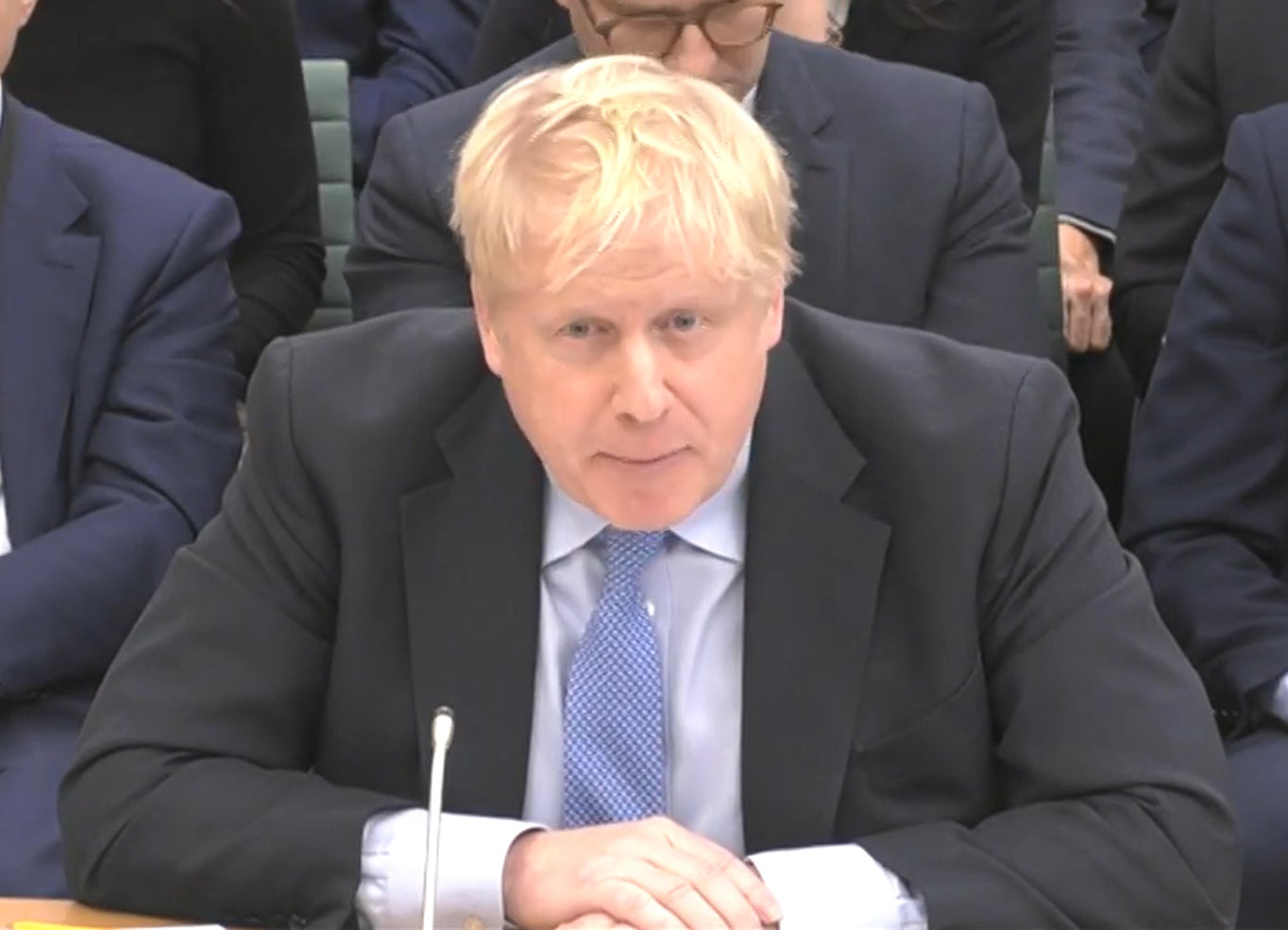Labour ‘overconfident’ on election win as middle-class voters coming back to Tories, says poll guru
Signs of Rishi Sunak-inspired revival in Tory fortunes in affluent ‘blue wall’ territory, says Lord Hayward
Your support helps us to tell the story
From reproductive rights to climate change to Big Tech, The Independent is on the ground when the story is developing. Whether it's investigating the financials of Elon Musk's pro-Trump PAC or producing our latest documentary, 'The A Word', which shines a light on the American women fighting for reproductive rights, we know how important it is to parse out the facts from the messaging.
At such a critical moment in US history, we need reporters on the ground. Your donation allows us to keep sending journalists to speak to both sides of the story.
The Independent is trusted by Americans across the entire political spectrum. And unlike many other quality news outlets, we choose not to lock Americans out of our reporting and analysis with paywalls. We believe quality journalism should be available to everyone, paid for by those who can afford it.
Your support makes all the difference.Britain’s middle-class voters are beginning to return to the Conservatives because they like Rishi Sunak, according to a top polling guru.
Labour has become “overconfident” in recent months, said elections expert Lord Hayward – describing the large poll leads enjoyed by Sir Keir Starmer’s party as “overestimated”.
The influential Conservative peer said: “Rishi is seriously outrating the Tory party. It has the potential – as long as Rishi doesn’t screw it up – for Rishi to drag the party up to his level.”
Lord Hayward said there were “straws in the wind” from national polls and local by-election results of a Sunak-inspired revival in Tory fortunes which could see the party cling onto “blue wall” territory in the south of England.
He added that there was evidence of voters in affluent areas being won over by the “competency” of Mr Sunak. “The real shift [back to the Tories] appears to be the middle class, where the Liberal Democrats are the threat.”
The peer said recent council by-elections in Dunblane and Cambridgeshire – “classic middle-class territory” – saw a “huge” improvement for the Tories compared to the party’s 2022 local election results.
Local elections in May will show if the Tories can stop significant gains by Sir Ed Davey’s party in the affluent parts of the South, he added. “I think the Lib Dems may face a bigger challenge than they thought they would.”
No 10 and Tory MPs were buoyed by the most recent Delta poll showing the Tories up eight points on 35 per cent – cutting Labour’s lead to just 10 points. But other recent polls have Labour enjoying 20-point leads.

Lord Hayward said voters who backed the Tories in the 2019 general election but deserted them over Boris Johnson’s Partygate fiasco and the disastrous premiership of Liz Truss have become a “nightmare” for pollsters because so many are undecided on how they will vote.
He said there was evidence many of them “like Rishi” but aren’t yet convinced the Tory party has its act together. “They left the party in droves but they haven’t necessarily gone somewhere else,” the peer explained. “They are not convinced by Keir Starmer.”
Many of the Brexit-backing former Labour voters in “red wall” areas of the North and Midlands who backed the Tories in 2019 “still like Boris” and could turn to Reform UK or decide not to vote, Lord Hayward conceded.

Despite expectations of a Labour victory in the 2024 general election, Lord Hayward suggested a slow-but-steady Sunak-inspired revival could see a hung parliament. “The balance of expectation is for a Labour victory at the next election, but it is not clear.
“Overconfidence is [how] I would describe the Labour mood – but I was with some Labour people recently and I was told their mood is beginning to shift,” Lord Hayward added. “They’ve stopped measuring the curtains [at No 10].”
Lord Hayward said it wasn’t clear if the present moment precedes the 1992 general election – when the Tories clung on to power unexpectedly – or 1997 when Labour won in a landslide victory. “The most clear indication will come with the local elections results on 4 May,” he said.
He said the Labour vote share was regularly over 40 per cent at local elections in 1994, 1995 and 1996, while the past two local elections saw the party get only 30 per cent and 35 per cent.
The challenge for Sir Keir is getting “something like the figures Tony Blair was getting”, said Hayward, but he warned: “There are clear indications the public has not taken to Keir in the way he would have wanted.”



Join our commenting forum
Join thought-provoking conversations, follow other Independent readers and see their replies
Comments